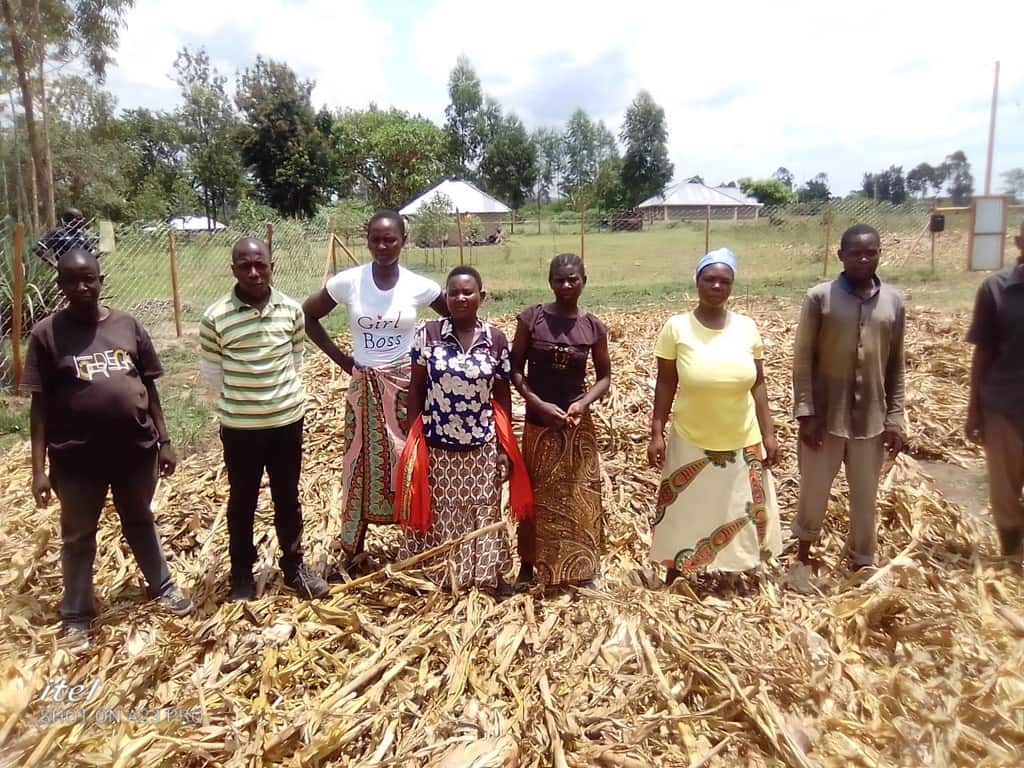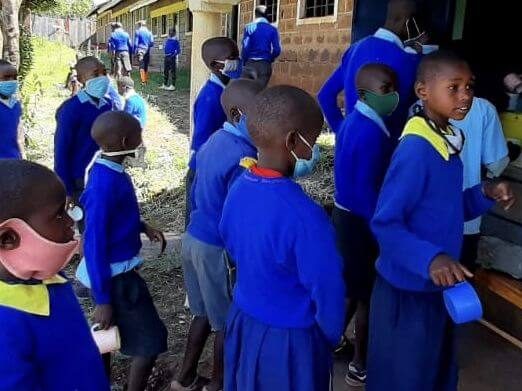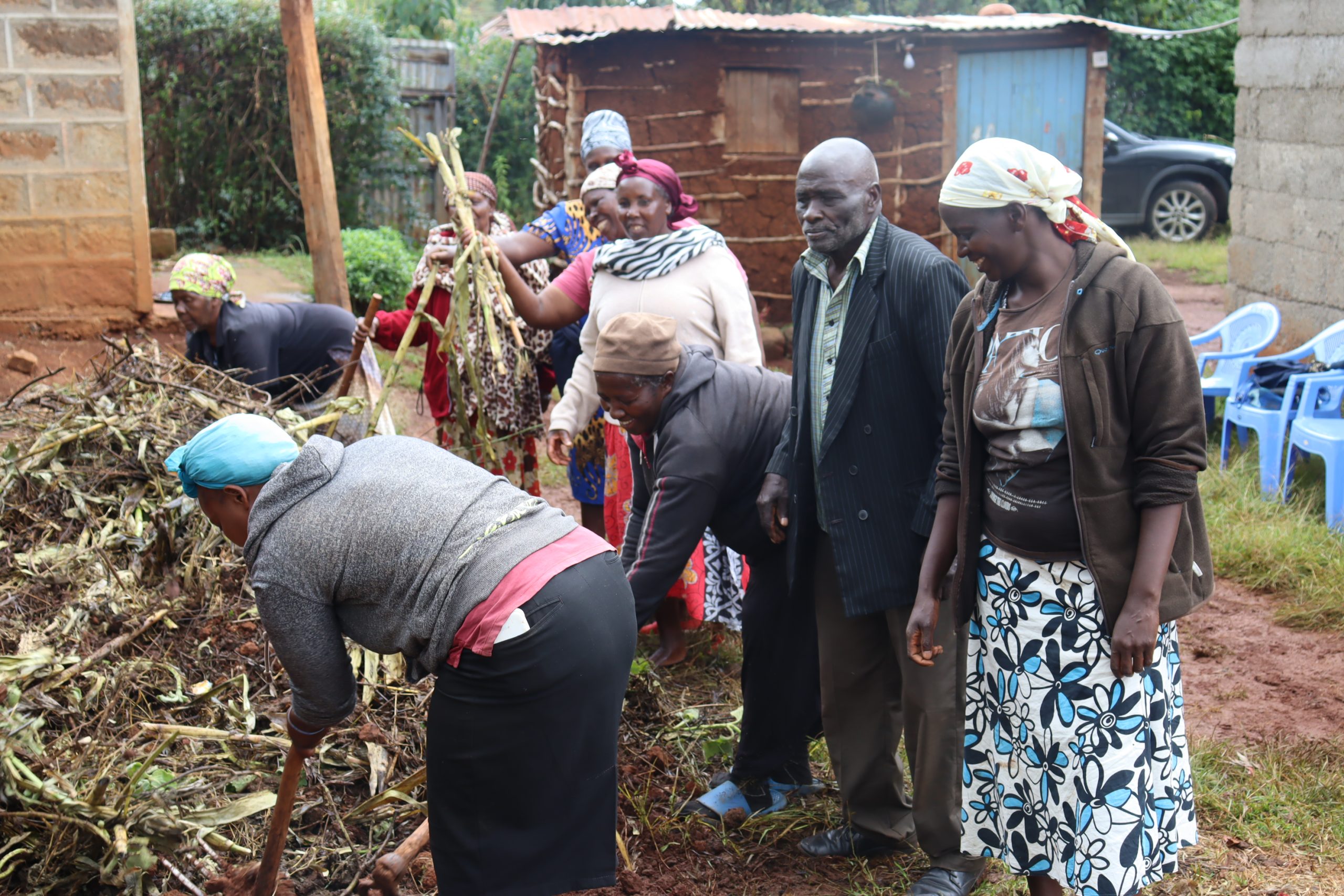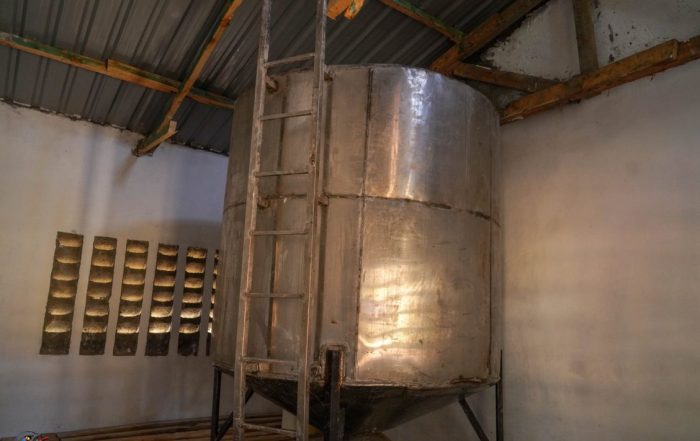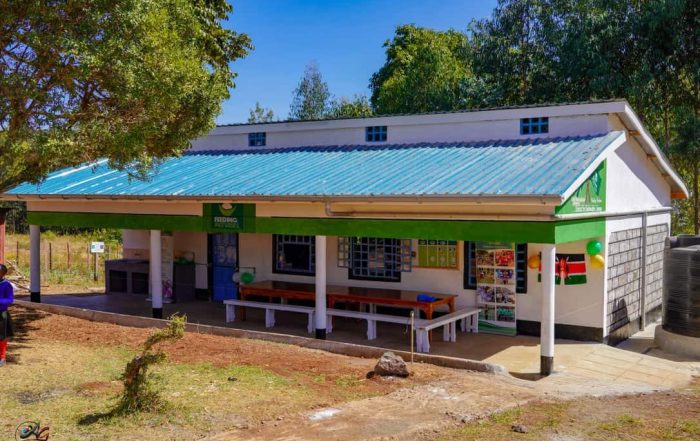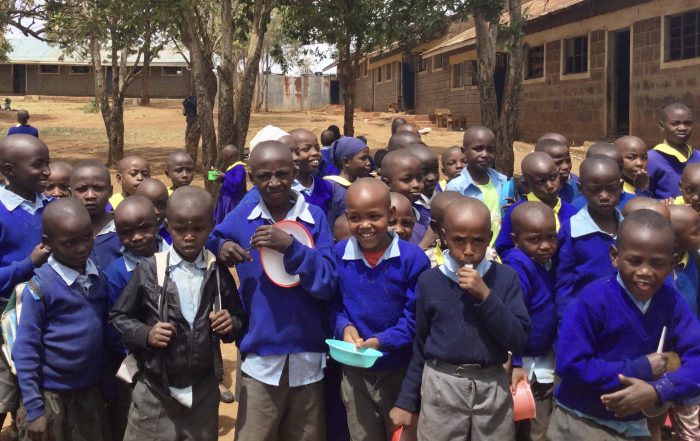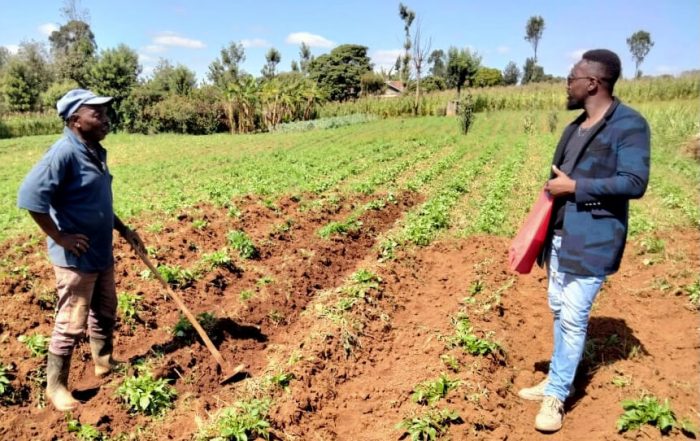Our Vision
Children across Africa thriving through community-led school meals
Our Mission
To facilitate the creation of school meal programmes in Africa, which are continued without outside support, with communities able to sustain the meals through school farms, agricultural training, and other relevant activities.
Self-sustaining School Meals – Model Outline
The model covers a partnership of five years. The overarching foundation for success is Partnership, for which we have developed a number of strategies.
There are two key outputs:
School Meals: school kitchen, food, systems (including record-keeping, procurement, transparency and reporting), school shamba [for food production] and growing trees [for cooking meals] within school.
Agriculture training: Conservation agriculture, basic business, cross-cutting issues
Once a school community has been approved for partnership, through an application and selection process (part of the community involvement strategy), there are three phases to the model.
Phase 1 – Pre-feeding phase, which is the 12 months before the kitchen is launched.
Phase 2 – Feeding phase to include agriculture training, setup and support of school meals systems, school shamba and management of parental inputs.
Phase 3 – Post-feeding phase to include Feeding Futures monitoring of the meals and farming and availability for consultation and support during this phase.
Partnering to prosper communities
The children take home messages from their farm training.
Sustainable school meals
Having completed the infrastructure, sustainable school meals is becoming a reality. Each school day in partnership with the school and local community two meals are provided.
Conservation farm training for sustainability
Conservation farm training with the school children, teachers and the community involves practical lessons to improve soil and yields.
Hear what the children and staff have to say
D. Hunja – a previous member of Mukinyai Primary School Board of management – “Since 1976, Mukinyai Primary School has never had a single drop of water. Feeding Futures was sent here by God to prepare us for the pandemic we are experiencing right now. Pupils used to fetch water at the river Mau and you can imagine if we didn’t have water, pupils would be coming with their own water for hand-washing purposes. Now we have enough water not only to cook but for also for hand-washing which helps keep us safe from diseases.”
Grade 6 pupil Rosemary – “Some pupils never carried food and they were left to beg for food from those who came with food from home.”
Naomi from grade 6 – “Now that we have meals from school, which are always hot, we really appreciate it and have time to concentrate on our studies. In the past they would be begging for food and sometimes there would be fighting with those that did have food.”
John Nderitu, Senior Teacher – “This is a new dawn to our school community because never had anyone dreamt of such a huge solution to food shortage and hunger in school-going children.”
Susan from Class 6 – “We are motivated to remain in school and we have enough strength to keep us in class and do exercise in the field.”
Hear from the farmers
Teresa who has been with the programme since its initiation and has been very keen to attend and take-up the farming training – “Through the training I have been able to grow tomatoes which gave me enough capital to start a grocery shop, buy a dairy goat and renovate my house”.
Mary Wairmu: “I have learned a lot from our Feeding Futures trainer. I used to harvest 4 bags [90kg per bag] of maize but now harvest 8.5 bags in the same area. Even more important than that is due to new ways of planning and managing my shamba I now always have something that is ready to harvest and eat. Before, I would go hungry while waiting for a long time for my one crop to be ready.”
Stanley Tilalli: “The training has been good. I used to farm like a lay man but now I can proudly show you I am doing it professionally. I used to have land of 3 acres but could not use it as I had no seeds and lacked know-how. Now I use all 3 acres and rent even more! I had 1 cow and now have 3 cows and a donkey to help me! My advice to others: 1 – You can’t advance on your own – we need to work together and help each other; 2 – You can’t advance without being ready to learn and work hard.”
Ruth Wanjiku: “I used to look for labouring jobs each day with a small group of friends. At first they couldn’t understand why I was wasting my time learning but they now see a changed person in me and come to find out how I managed it. I have shown them how to change their plots and have shared my seed with them. Now, instead of them crying to me for cabbages, we have planted and will watch our cabbages grow together. I can now employ day labourers myself when there is too much for me to do. I am now a proud employer and not a labourer. I have also managed to send my children to secondary school and I have helped others – even by renting land for my friend.”


